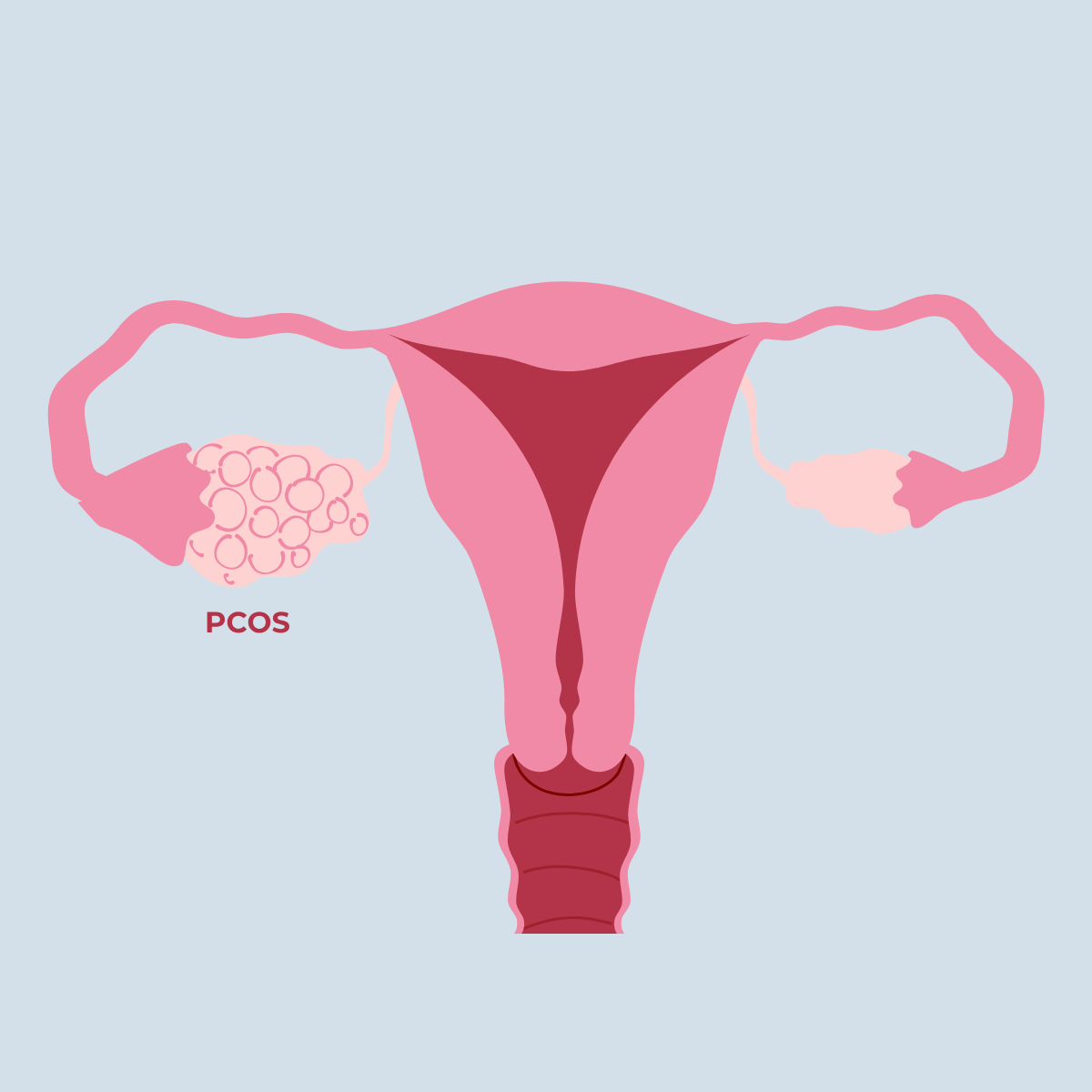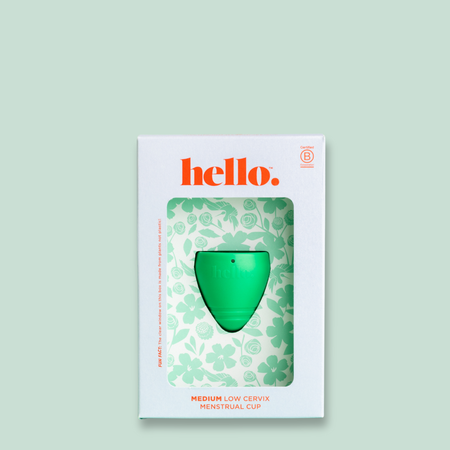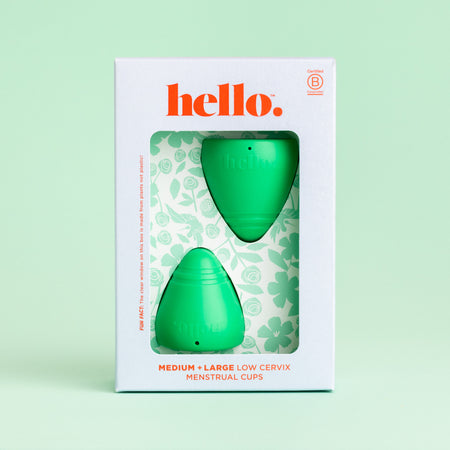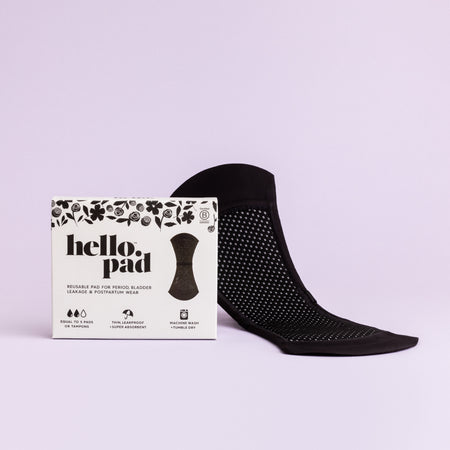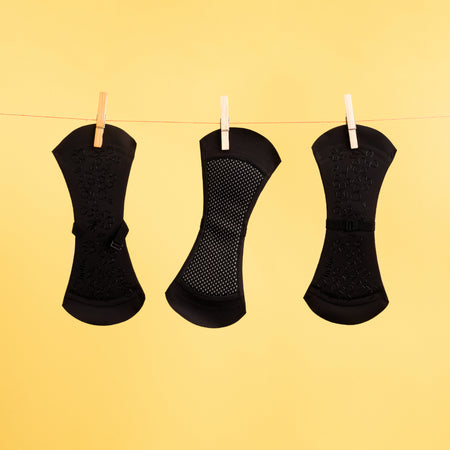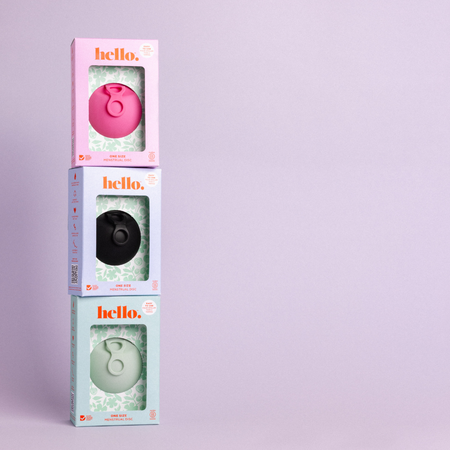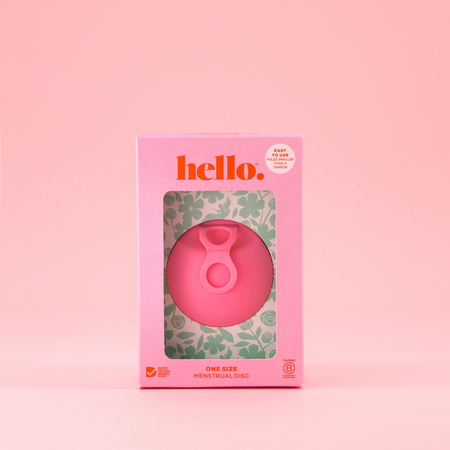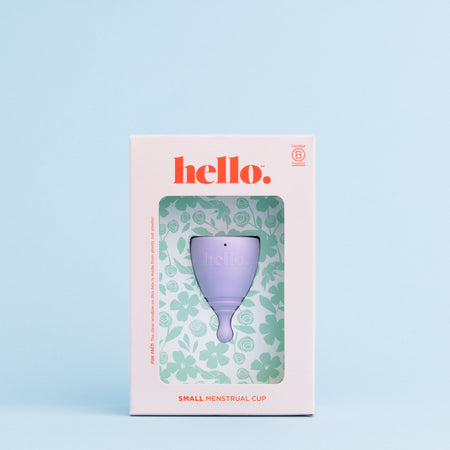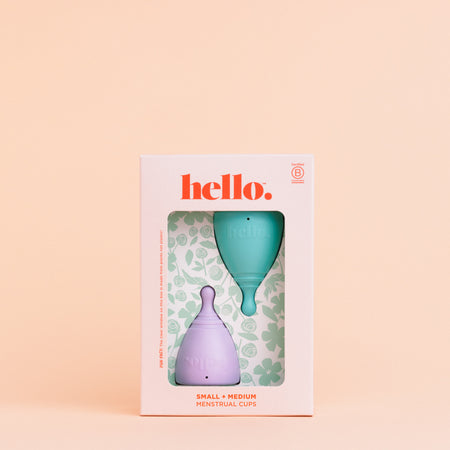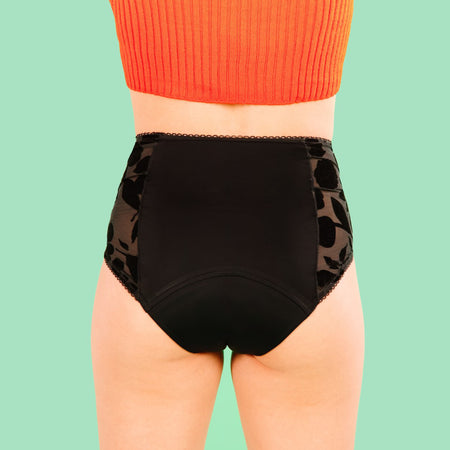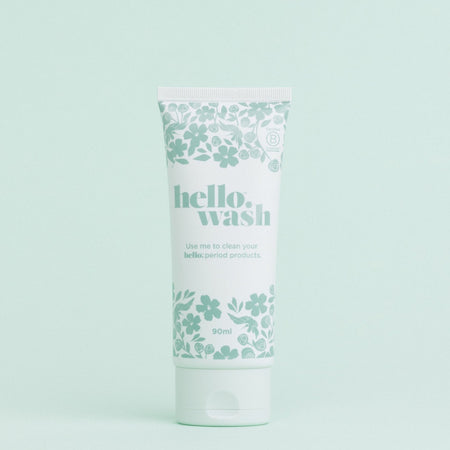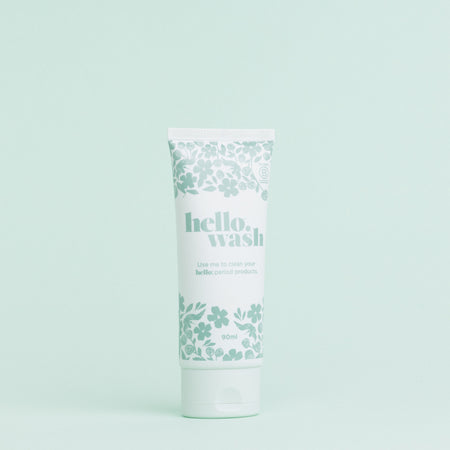Tampons are decreasing in popularity these days largely due to people sharing negative experiences on TikTok. With tampon sales dropping, some people are now asking “are tampons safe?”. While recent studies have highlighted the potential risks of metals in tampons, causing a buzz among users and health enthusiasts alike, it’s important to take a look at all the facts before you start spiralling into panic.
What Are Tampons Made Of?
Tampons have been the choice for many during that time of the month, but do you know what they’re made from and “are tampons safe”? Understanding the materials in tampons can help you make informed decisions about what you’re putting in your body.
1. Cotton
Cotton is a common material used in tampons. It’s soft, absorbent, and generally safe for most users. However, cotton can sometimes be treated with pesticides during cultivation, which might leave residues in the final product (Cornforth, 2023). Cotton in tampons is normally bleached to whiten it. This is why some prefer organic cotton tampons, as they’re more likely to be free from synthetic pesticides and are often not bleached (although it’s always good to double check).
2. Rayon
Rayon is another common material contained in tampons. It’s made from cellulose fibers derived from wood pulp and is known for its high absorbency. However, the production process involves bleaching, which has raised concerns about dioxins—potentially harmful byproducts that could be present in trace amounts (Cornforth, 2023). Although the FDA assures us that the levels are extremely low, it’s understandable that some users might still be wary.
3. Other Components
Beyond cotton and rayon, tampons might include other components like microplastics, fragrances, and dyes. While plastic applicators can make insertion easier, it’s a single-use plastic which isn’t biodegradable or technically necessary. Fragrances and dyes might cause irritation for some users, especially those with sensitive skin or allergies (Cornforth, 2023).
What You Need to Know About Tampons and Toxic Metals?
The recent buzz about toxic metals in tampons has raised both concern and curiosity. A study found that some tampons contain metals like lead and arsenic, prompting questions about their safety (Lee, 2024). This leads to further questions: Are pads safer than tampons? Or are tampons safe to use?
1. Scientific Studies on Tampon Safety
The study conducted by UC Berkeley assessed various tampon brands' metal content (Holohan, 2024). While the presence of metals like lead and arsenic is concerning, the research didn’t conclude that these tampons are unsafe. Experts suggest that more research is needed to determine if these metals are released into the body during use (Holohan, 2024).
2. Health Risks
While the findings have raised eyebrows, it's important to remember the context. The levels of metals found were quite low, and there’s no clear evidence that they pose a significant health risk and more research is needed to establish whether the metals found are being absorbed into the bloodstream of the user. Toxic Shock Syndrome (TSS)
TSS is a rare but serious condition often associated with tampon use. It occurs when bacteria grow on a tampon and produce toxins that can enter the bloodstream if there is a pathway from something such as an abrasion. Symptoms of TSS include fever, rash, and shock. If you suspect you might have TSS, immediately remove your tampon and seek immediate medical attention (Better Health Channel, 2024).
- Allergic Reactions and Skin Irritation
Some folks might experience irritation or allergic reactions to tampons, especially if they contain fragrances or dyes. If you notice itching, swelling, or redness, remove your tampon and see if symptoms subside. If they do, it’s a sign the tampon was the source of the irritation. Consider switching to unscented or hypoallergenic tampons (Cornforth, 2023) or a different product such as a menstrual disc or menstrual cup.
- Potential Chemical Exposure
Besides metals, tampons might expose users to chemicals like dioxins and pesticides. While the FDA monitors these substances, individual sensitivity varies, and it’s good to be aware of what you’re using (Cornforth, 2023). The Berkeley University study also highlighted that some menstrual products can contain trace levels of harmful metals, emphasising the need for greater transparency and safer alternatives in feminine hygiene products.
Are Reusable Tampons Safe?
Reusable tampons have gained attention as a sustainable alternative to traditional tampons, made from materials like organic cotton or bamboo. While they can be washed and reused, they require careful cleaning and storage to prevent bacterial growth.
The FDA deems reusable tampons safe if used correctly (FDA, 2023), but it’s essential to choose period care products from brands that prioritise transparency, the relevant certifications, and high-quality standards. Alternatives like menstrual discs and menstrual cups offer an even more reliable and sustainable option, combining convenience with superior safety and comfort. Explore reusable period care that’s thoughtfully designed for your well-being and the planet.
How to Use Tampons Safely?
Safety is key when using tampons. Here are some quick tips to keep in mind:
- Wash Your Hands: Always wash your hands before inserting a tampon to prevent introducing bacteria.
- Change Regularly: Change tampons every 4-8 hours. Avoid leaving one overnight to reduce the risk of TSS.
- Choose the Right Absorbency: Use the lowest absorbency necessary for your flow to minimise irritation and dryness.
By following these precautions, you can minimise the potential risks of using tampons.
Alternatives to Conventional Tampons
If you’re concerned, “are tampons safe?”. There are great, sustainable alternatives on the market to explore. Here’s a rundown of other menstrual products that might suit your needs.
1. Menstrual Cups/Discs
Menstrual cups and menstrual discs are reusable options made from medical-grade silicone or TPE. They collect menstrual fluid instead of absorbing it and can be worn for up to 12 hours. Consider options like the Hello Cup or Hello Disc, which are made from medical-grade materials which are safe.
2. Reusable Pads
Reusable pads can be washed and reused. They provide a sustainable option, a perfect alternative to single-use pads. Check out Hello Period’s Reusable Pads for heavy flow protection and ultimate convenience, as they are machine washable and dryer-safe.
3. Period Undies
Period panties are underwear designed with built-in absorbency. They’re discreet, comfortable, and perfect for lighter days or backup protection. Explore Hello Undies for high protection, as they can hold up to 4-5 tampons worth of fluid while locking moisture away, keeping you dry and comfy all day long.
A Word from Hello Period!
If you’re still asking “are tampons safe?” or “is it safe to wear tampons?” why not try a tampon alternative such as our award-winning menstrual disc - the Hello Disc or a Hello Cup - our menstrual cup. Making the switch to reusable period care is not only a better choice for you, but also for the environment.
At Hello Period, we’re passionate about menstrual health and providing safe, sustainable options for all. We believe in empowering folks to make informed choices about their bodies and period care. Whether you choose tampons, menstrual cups, discs or reusable pads, the key is finding what works best for you.
Check out our range of period products, designed by people with periods, for people with periods and created with your health and comfort in mind.
Remember, periods are a natural and empowering part of life, and choosing the right products can make a world of difference. Stay informed, stay safe, and celebrate your body!
Disclaimer: Please be aware that we are not healthcare professionals. Our content is for informational purposes only and should not be considered a substitute for professional medical advice, diagnosis, or treatment.








